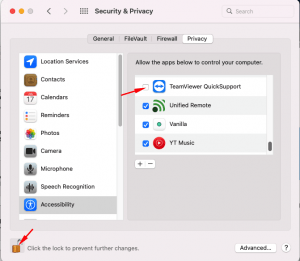IT hardware
Modern IT hardware offers several benefits to businesses:
Enhanced Performance: Up-to-date hardware provides faster processing speeds, smoother multitasking, and improved overall performance, enabling employees to work more efficiently.
Increased Productivity: Advanced hardware enables quicker data processing, reduces lag time and also boasts ergonomic features allowing employees to complete tasks faster and focus on more value-added activities.
Improved Security: Many modern IT hardware components come with enhanced security features, protecting business data and sensitive information from potential threats.
Scalability: Modern hardware is often designed to accommodate growth. This scalability ensures that as your business expands, your IT infrastructure can easily adapt to increased demands.
Energy Efficiency: Newer hardware is designed with energy efficiency in mind, leading to cost savings on electricity bills and a reduced environmental footprint.
Compatibility: Modern hardware is more likely to be compatible with the latest software applications and operating systems, ensuring seamless integration and smoother workflows.
Remote Accessibility: Advanced hardware supports remote access and cloud-based services, allowing employees to work from various locations and increasing flexibility.
Collaboration and Communication: Up-to-date hardware enables better collaboration through video conferencing, real-time document sharing, and other communication tools.
Data Storage and Backup: Modern hardware often comes with larger storage capacities and efficient backup solutions, safeguarding critical business data.
Competitive Advantage: By utilizing the latest technology, businesses can gain a competitive edge in terms of efficiency, customer service, and innovation.
Reduced Downtime: New hardware components are less likely to fail unexpectedly, reducing the risk of downtime and ensuring consistent operations.
Compliance and Regulation: Some industries require businesses to have up-to-date hardware to meet regulatory standards. Using modern hardware helps ensure compliance.
Customer Satisfaction: Improved hardware can lead to better customer service experiences, as it enables faster response times, more accurate information, and smoother transactions.
Long-Term Cost Savings: While investing in modern IT hardware might have an initial cost, the long-term benefits, including increased productivity, reduced maintenance, and energy savings, can lead to substantial cost savings.
Incorporating modern IT hardware can provide businesses with a range of advantages that contribute to efficiency, security, and growth in today’s competitive landscape.















